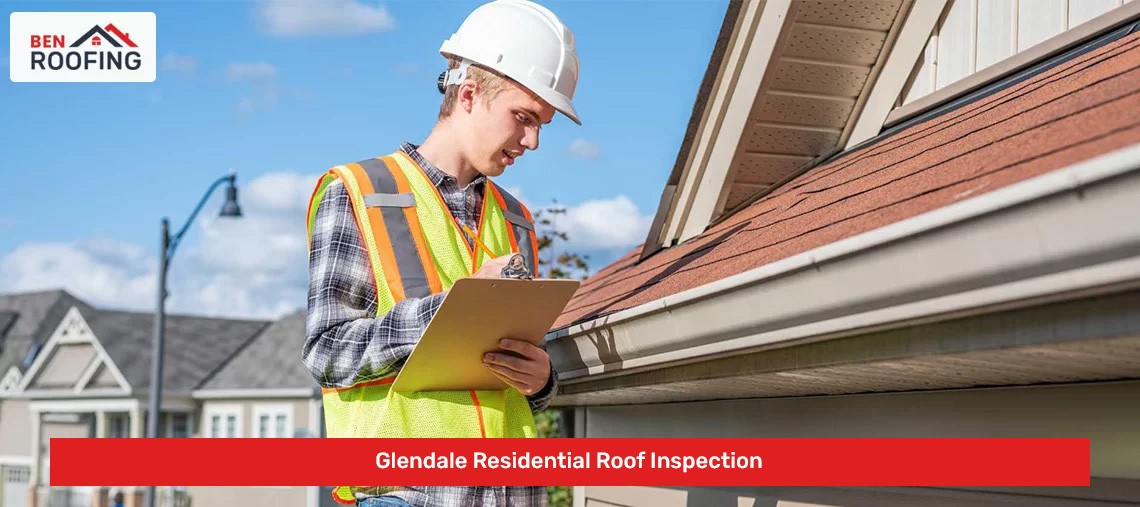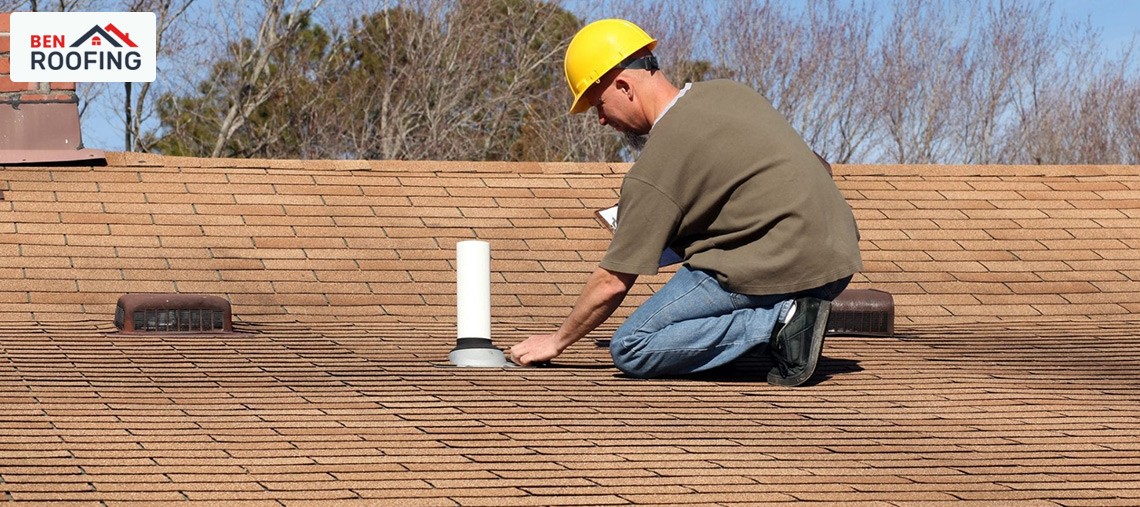When you are looking for Glendale Residential Roof Inspection, you get a lot of different options. Here are some of the options that you can consider:

Things start by preparing and scheduling a Glendale Residential Roof Inspection
Here are the steps that are taken while preparing your roof for inspection:

Here are the important tasks carried out by Glendale roofing contractor
| Task | Description | Time Taken |
| Visual Inspection | A basic examination of the roof’s exterior. | 30 minutes – 1 hour |
| Roof Structure Assessment | Evaluating the structural integrity of the roof. | 1 – 2 hours |
| Shingle/Tiling Examination | Inspecting the condition of roof shingles/tiles. | 1 – 2 hours |
| Flashing and Sealant Inspection | Checking the condition of flashing and sealants. | 30 minutes – 1 hour |
| Attic/Interior Inspection | Assessing the roof’s interior and attic spaces. | 1 – 2 hours |
</div >
Here are the things that are done after Glendale residential roof inspection:
Inspection Report: The inspector or roofing professional will provide an inspection report detailing their findings, including any issues identified, the overall condition of the roof, and their recommendations. This report serves as a crucial reference for understanding the roof’s current state and determining the necessary next steps.
Review and Discussion: Review the inspection report with the inspector or roofing professional. Take the time to understand the findings, ask any questions you may have, and seek clarification on any recommendations or repairs suggested.
Discuss Warranty Coverage: If your roof is still under warranty, review the inspection report and findings to determine if any identified issues fall under the warranty coverage. Contact the roofing manufacturer to discuss potential warranty claims and procedures.
While it’s not mandatory, it’s advisable to be present during the roof inspection. This allows you to discuss any concerns, ask questions, and gain a better understanding of the roof’s condition and any necessary repairs or maintenance.
The cost of a roof inspection can vary depending on factors such as the size of the roof, its complexity, and the specific services included. On average, a roof inspection in Glendale may range from $150 to $400. However, it’s best to contact local roofing companies or inspectors to get accurate pricing information.
Yes, a roof inspection report can be valuable when filing an insurance claim for roof damage in Glendale. The report provides documented evidence of the condition of your roof before and after the damage occurred, which can support your claim and facilitate the claims process.
After the inspection, you can maintain your roof by regularly cleaning gutters, trimming overhanging branches, and scheduling routine maintenance tasks such as roof cleaning and moss removal. Following any recommendations provided by the inspector or roofing professional can help prevent future issues.
Yes, code compliance is an important aspect of a roof inspection. A qualified inspector will assess whether the roof meets the current building codes and regulations. If any deficiencies are found, they can advise on the necessary steps to bring the roof up to code if required.
The validity of a roof inspection report can vary depending on several factors, such as local regulations, insurance requirements, and individual circumstances. In general, a roof inspection report is considered valid for a period of one to two years. However, it’s always best to check with your insurance provider or local authorities for specific guidelines.
While a roof inspection can provide valuable insights into the condition of your roof, determining the exact remaining lifespan is challenging. Factors such as the roof’s age, maintenance history, and environmental conditions all play a role. Our team can provide an assessment of the roof’s general condition and any signs of deterioration that may impact its longevity.